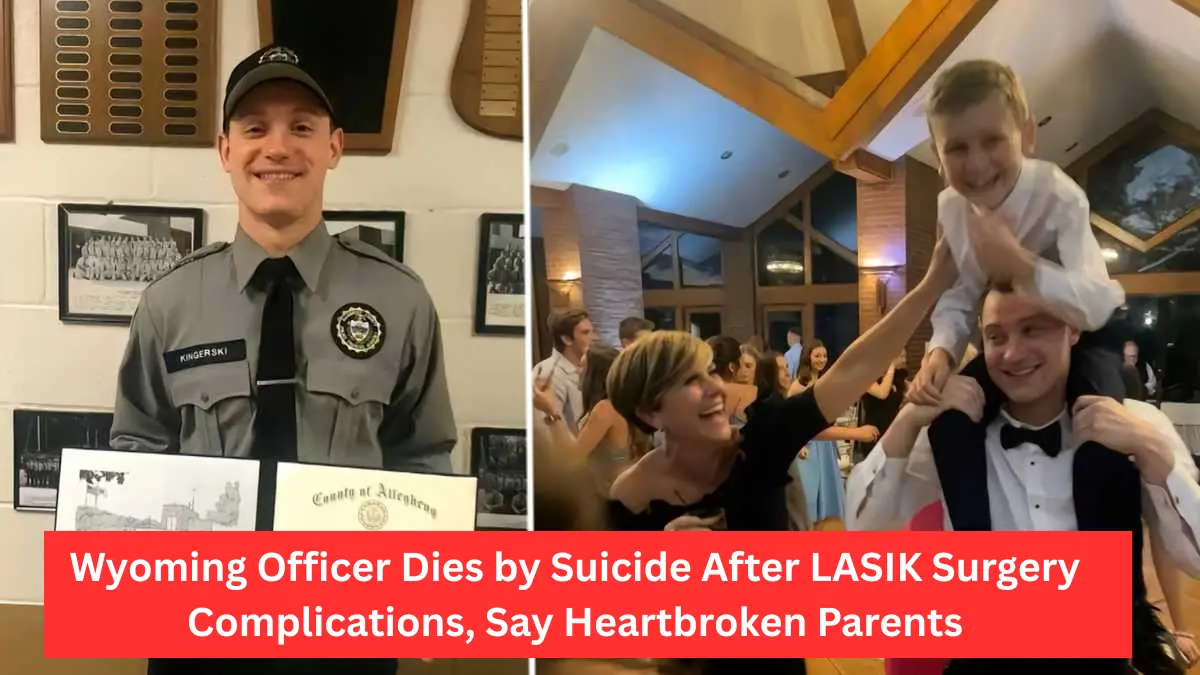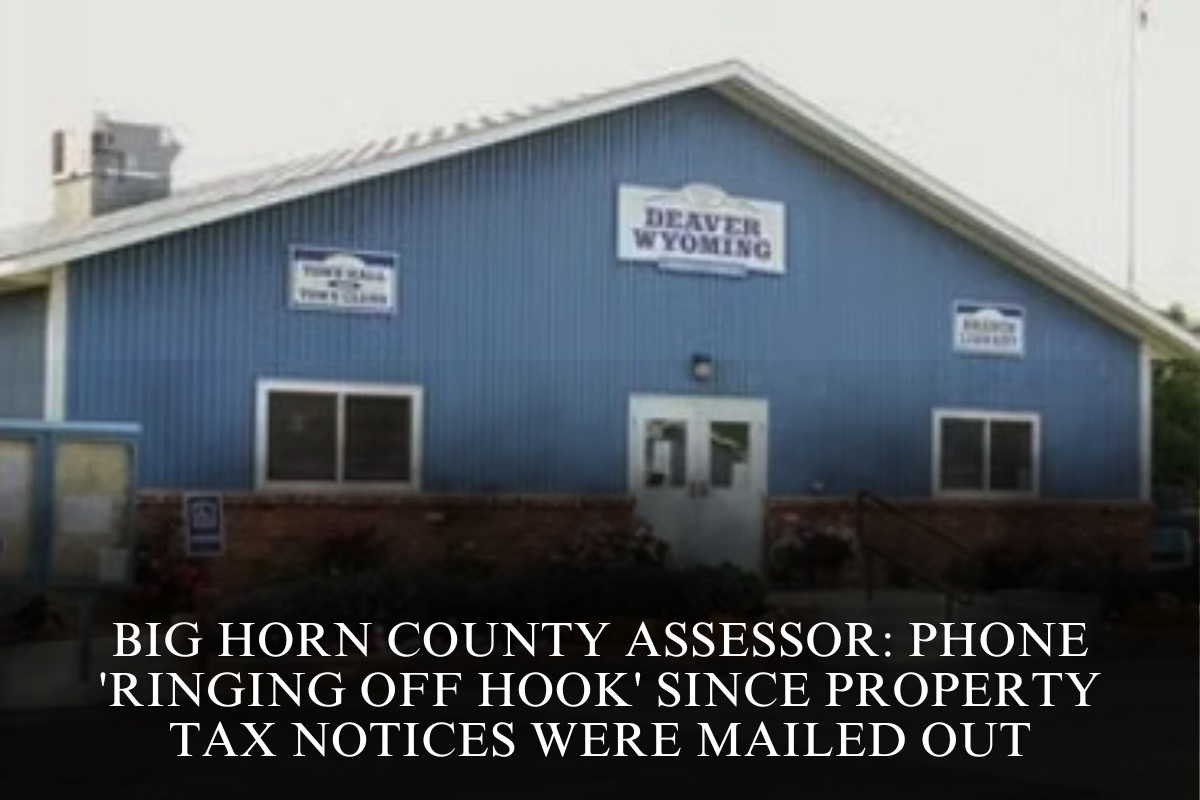Tragic Loss: Wyoming Family Speaks Out After Son’s Suicide Following LASIK Eye Surgery Complications
A Wyoming family is raising awareness after the heartbreaking loss of their son, who they say took his own life months after experiencing severe complications from LASIK eye surgery.
Ryan Kingerski, a 26-year-old police officer from Pennsylvania, died by suicide on January 25. According to his parents, Tim and Stefanie Kingerski—who have ties to both Pennsylvania and Wyoming—Ryan’s health rapidly deteriorated following the elective eye procedure he underwent in August.
The Kingerskis say Ryan had expected a quick recovery and a fast return to duty. Instead, he began suffering from persistent headaches, double vision, extreme light sensitivity, and dark floaters that severely disrupted his life.
“It ruined his life. Completely ruined it in 12 seconds,” Tim Kingerski told WTAE-TV.
The young officer’s symptoms made it impossible for him to return to the job he loved. His parents said they visited multiple specialists, hoping for a solution, but they were met with constant setbacks and no relief.
“He kept saying how bad the pain in his head was,” they shared with CBS News. “The vision, the blurriness—it just never stopped.”
According to the family, Ryan left behind a note that read: “I can’t take this anymore. LASIK took everything from me.”
LASIKPlus, the provider of the surgery, responded to media inquiries with a statement saying:
“Legal requirements prevent us from speaking to the specifics of any patient, but suicide generally cannot be reduced to any single cause. To be clear, there is no clinical evidence linking suicide to LASIK eye surgery.”
The company emphasized that every patient receives an informed consent form outlining the procedure’s risks, benefits, and alternatives. According to the American Refractive Surgery Council, serious sight-threatening complications from LASIK are extremely rare, affecting less than 1% of cases, and 96% of patients report satisfaction with the results.

Despite these statistics, the Kingerskis insist their son’s death wasn’t about mental illness. “This wasn’t mental health,” Tim said. “It had nothing to do with that. My son before LASIK and after LASIK were two different people.”
Ryan was remembered by the Penn Hills Police Department as an officer who served “with unwavering commitment and professionalism.”
His parents hope that by sharing Ryan’s story, others—whether in Pennsylvania, Wyoming, or elsewhere—will better understand the potential risks of elective surgeries and the unseen battles some patients face afterward.
If you or someone you know is struggling, help is available. Call or text 988 or visit 988lifeline.org for 24/7 confidential support.












